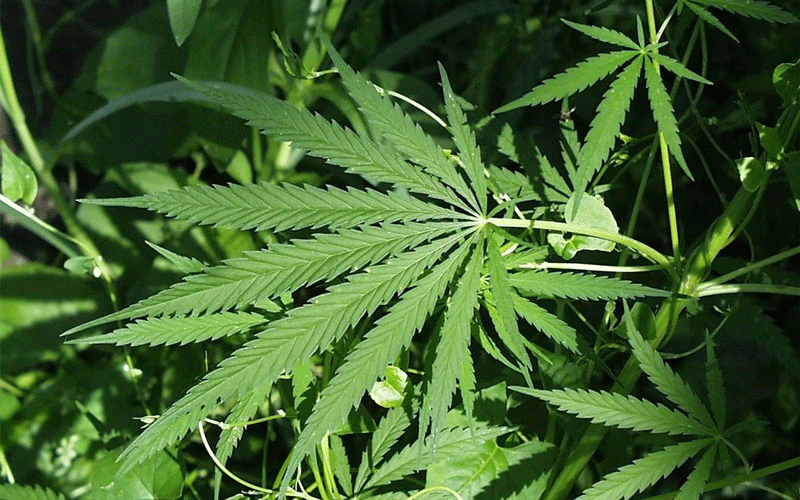
THE Zimbabwe Industrial Hemp Trust (ZIHT) needs at least US$3 million for research and development for commercialisation of the sector currently affected by a huge knowledge gap, founder and chief executive Zorodzai Maroveke has said.
Industrial hemp is a variety of the cannabis sativa plant species that is grown specifically for fibre, grain or CBD flower.
It has more than 2 500 uses including paper, textiles, clothing, biodegradable, plastics, paint, insulation, biofuel, food and animal feed.
Speaking at the In Conversation with Trevor Ideas Festival being held in Nyanga yesterday, Maroveke said funding was essential for the commercialisation of the new industry.
“We need US$3 million to do this research and development in 12 months so that we have the data and information to lay a strong foundation for the commercialisation.
“Once we have the data, we have evidence, it’s proof of concept you can convince the government to incentivise the green industry.
“Because the government has a mandate to meet its nationally determined contributions (NDCs). We can actually use the industrial hemp project to support the government to achieve its NDCs,” she said.
She added: “I can’t convince the government any further to say give us land for investors who want to come and invest when there is no proof of concept. Otherwise, it will end up becoming another jatropha project. We are not willing to make farmers grow something they cannot sell.”
- Cannabis farmers underestimated costs involved: ZIHT
- Kutsaga, HIT partner to tackle climate change
- Ideas Festival to inspire change, collaboration
- Industrial hemp sector requires US$3m funding
Keep Reading
Maroveke said ZIHT, being the pioneer of the legal inclusion of hemp in Zimbabwe, had come up with a strategy to accelerate bridging the knowledge gap to ensure quick realisation of the potential of a successful hemp industry.
She emphasised the need for policies that incentivise investment into the hemp value chains.
Government, she added, would be compelled to put these in place if the data and information was convincing.
Meanwhile, Maroveke said Zimbabwe was experiencing poor performance of the cannabis industry, saying policy inconsistency had led to investor fatigue.
Zimbabwe legalised cannabis in 2018.
“However, where the President’s Office, ZIDA [Zimbabwe Investment and Development Agency], Ministry of Health agreed on an investment stability agreement to safeguard and support cannabis investments, the Ministry of Finance has not been very forthcoming to implement the investment stability agreement,” Maroveke said.
“Back and forth on these policy issues caused investor fatigue and Zimbabwe lost investor interest despite reversing the unfavourable policies. Today, 60 licences have been issued but not even a tenth are active due to a number of factors.”
She said funding, lack of localised expertise, compliance and standard demands by the market, lack of offtake agreements, lack of implementation of incentives and some regulatory constraints were some of the bottlenecks faced by the industry.











